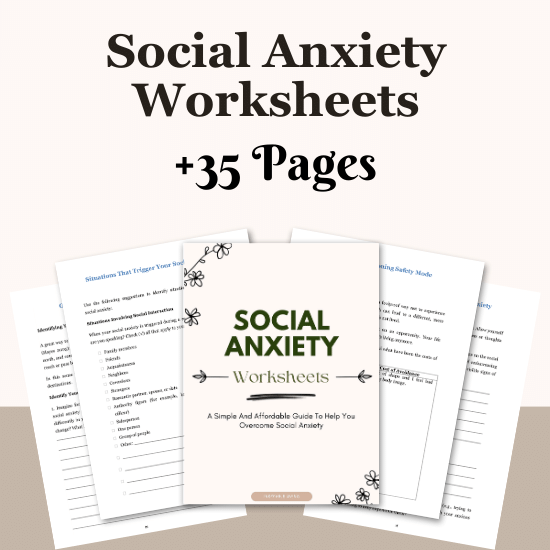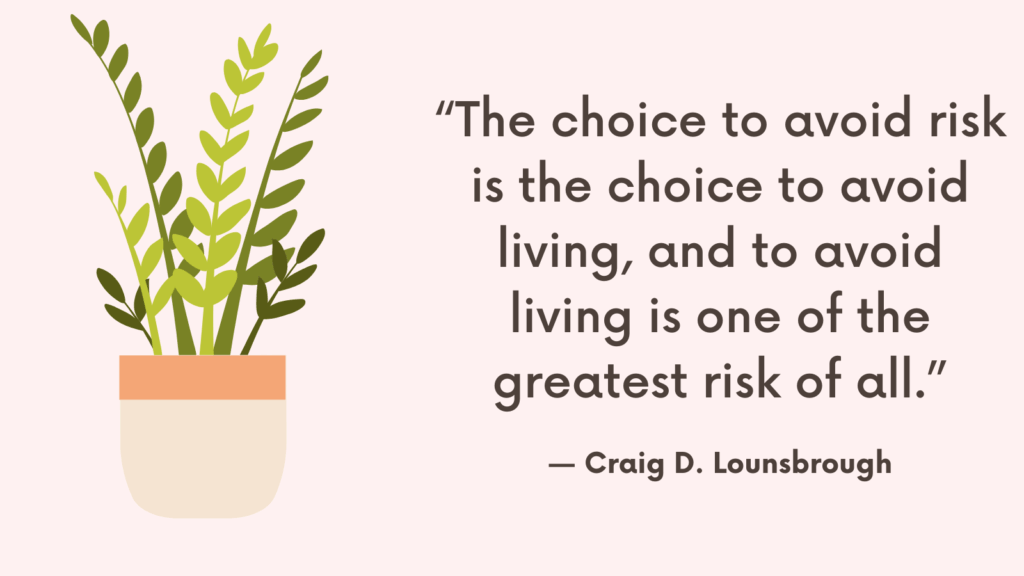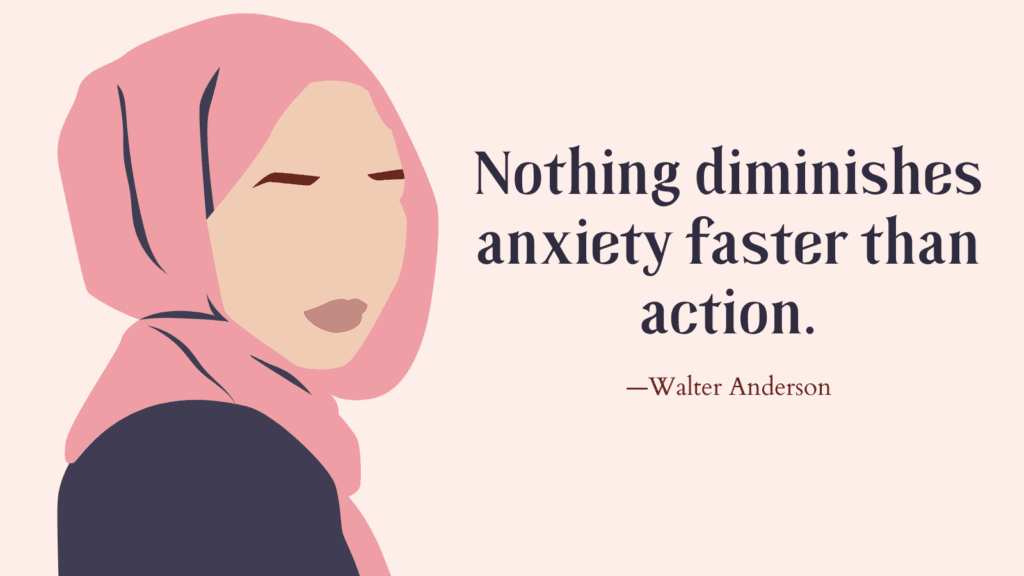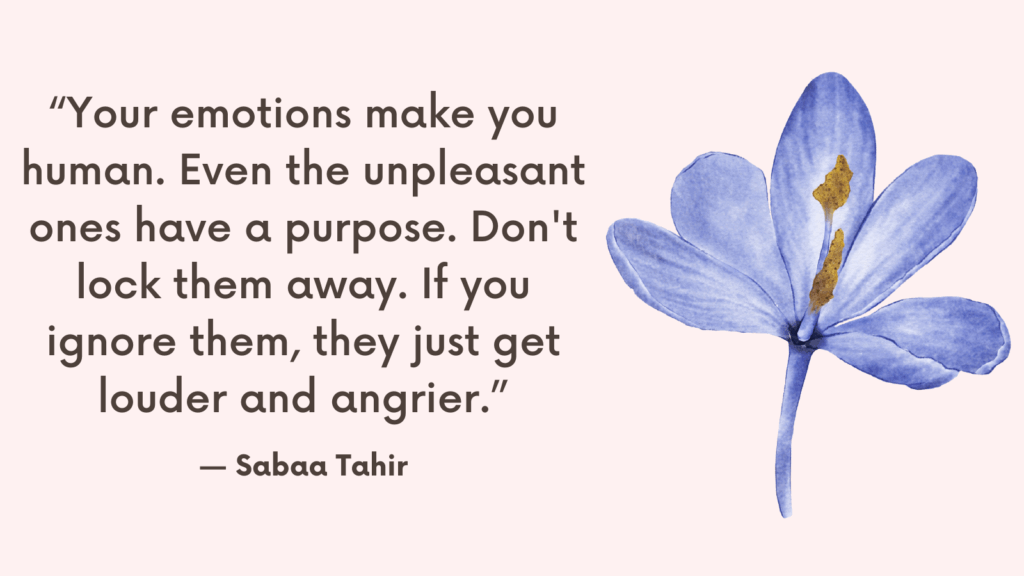Avoiding social invitations can feel protective in the moment — especially if you struggle with anxiety, self-doubt, or past negative experiences. But too much avoidance often leads to isolation, regret, and missed opportunities for connection. The goal isn’t to say yes to everything — it’s to stop letting fear automatically decide for you. Here’s how to start saying yes with intention, while protecting your peace.
The Psychology Behind Social Withdrawal and Avoiding Invitations
Social withdrawal — especially the habit of avoiding invitations — often looks like disinterest or busyness on the outside. But underneath, it’s usually a coping mechanism driven by fear, overwhelm, or past emotional wounds. Understanding the psychology behind this behavior can help you respond to it with insight, not shame.
1. Fear of Judgment or Rejection
One of the most common reasons people avoid social events is fear of being judged, misunderstood, or not liked. Even if unspoken, thoughts like “What if I’m awkward?” or “What if I don’t belong?” fuel the urge to stay home and stay safe.
2. Social Anxiety
For those with social anxiety, the anticipation of small talk, being observed, or not knowing what to say can cause intense distress — sometimes days in advance. Avoiding invitations becomes a way to escape that anticipatory anxiety.
3. Past Negative Experiences
If you’ve been excluded, embarrassed, criticized, or emotionally hurt in social situations before, your brain may now associate gatherings with threat. Avoidance is a form of self-protection against repeating that pain.
Related: 30 Day Social Anxiety Challenge That Will Help You Feel More Confident
4. Low Social Energy or Introversion
Some people have a lower tolerance for social stimulation. If you’re already depleted, even well-intentioned invitations can feel like pressure. The brain equates saying yes with emotional exhaustion, so it avoids.
5. Perfectionism and Overthinking
People who expect themselves to be “on,” interesting, or socially perfect often avoid events out of fear they won’t meet those impossible standards. The internal dialogue sounds like: “If I can’t do it well, I shouldn’t go at all.”
6. Depression and Emotional Numbness
Social withdrawal is a hallmark symptom of depression. When you’re numb, drained, or hopeless, even a friendly invitation can feel like a burden. Avoiding others may feel like the only way to survive the emotional weight.
7. Shame and Low Self-Worth
If you don’t feel “good enough,” social settings can feel threatening. You might assume others are judging you or that you don’t deserve connection, leading to avoidance rooted in shame.
Related: Best 10 Books For Social Anxiety
8. Fear of Losing Control
Some people fear they won’t be able to manage their emotions, triggers, or anxiety in social situations. Staying home feels safer because it offers control, predictability, and fewer unknowns.
9. Desire for Authenticity (But Fear of Vulnerability)
You may crave deep, real connection — and avoid surface-level small talk or social games. But the fear of being vulnerable, seen, or misunderstood keeps you from engaging even when the desire is there.
10. Habitual Avoidance That Reinforces Itself
The more you avoid, the more your brain associates social situations with discomfort and fear. Avoidance feels like relief in the short term — but over time, it reinforces isolation and makes re-entry harder.
Related: Best 17 Journal Prompts For Social Anxiety
How to Stop Avoiding Social Invitations (Without Overcommitting)
1. Notice the Pattern of Avoidance
Start by recognizing when and why you tend to say no:
- Do you feel anxious before even opening the invitation?
- Do you imagine the worst-case scenario right away?
- Do you tell yourself you’re “too tired” when it’s actually fear?
Awareness is the first step to breaking the cycle.
2. Ask Yourself: Is This a “No” or a “Fearful Maybe”?
Instead of defaulting to “no,” pause and ask:
- “Do I truly not want to go, or am I afraid of discomfort?”
- “Would I regret missing this once it’s over?”
This helps you separate instinctive fear from genuine preference.
3. Set a Realistic Social Goal
Start small. You don’t have to attend every event — just one.
- “This month, I’ll say yes to one invitation I’d usually avoid.”
- “I’ll stay for one hour, and then I can leave if I want to.”
This makes socializing feel doable instead of overwhelming.
Related: 11 Tips on How to Cope with Anxiety During Summer Social Events?
4. Use the “Soft Yes” Strategy
Say yes, but give yourself permission to adjust:
- “I’d love to join, but I may need to leave early.”
- “I’m planning to come — I’ll let you know if anything changes.”
This protects your energy while still showing up.
5. Prepare in a Way That Calms, Not Pressures
Instead of over-rehearsing, pick one grounding tool (deep breathing, a go-to outfit, a few conversation starters) to feel more secure without overthinking.
6. Focus on the Connection, Not Performance
You’re not attending to impress or entertain. You’re there to connect, observe, and be present — even quietly. There’s no need to perform.
Related: How to Manage Anxiety While Traveling: A Complete Guide
7. Let Yourself Be Selective Without Shutting Down
You’re allowed to say no — but choose your no’s with care, not fear. Ask:
- “Does this event align with my energy and values?”
- “Is this the kind of discomfort that helps me grow or drains me?”
8. Reflect After the Event — Not Before
Don’t pre-judge the experience. Wait until after to ask:
- “What went better than I expected?”
- “What can I learn for next time?”
Chances are, it wasn’t as bad as your mind predicted.
9. Build a Balanced Social Routine
Alternate between social time and recovery time. Say yes to some events, and intentionally schedule time to rest after. This keeps you connected without feeling depleted.
10. Celebrate Each Step Forward
Each time you show up — even briefly — is a win. Don’t measure success by how outgoing you were. Celebrate the fact that you moved through fear, not away from it.
Related: How to Handle Re-Entry Anxiety?
The Difference Between Healthy Boundaries and Fear-Based Avoidance
When navigating social invitations, it’s important to understand the line between healthy boundaries and fear-based avoidance. Both can look like saying “no,” but the motivation behind each is different — and so are the emotional consequences. One protects your peace; the other shrinks your life.
1. Motivation: Protection vs. Escape
Healthy Boundaries:
- You say no to protect your time, energy, or values.
- You make intentional choices about where you want to be.
- The decision brings relief without guilt or regret.
Fear-Based Avoidance:
- You say no to escape discomfort, anxiety, or imagined judgment.
- The choice is made quickly, often with panic or dread.
- The decision brings temporary relief but lingering guilt or sadness.
2. Emotional Impact
Healthy Boundaries:
- You feel empowered, calm, and aligned with your needs.
- You may miss the event, but not the version of you who would’ve gone.
Fear-Based Avoidance:
- You feel isolated, stuck, or ashamed afterward.
- You might ruminate: “Why can’t I just go?” or “What if they stop inviting me?”
Related: 8 Signs You Are Recovering From Anxiety
3. Thought Patterns
Healthy Boundaries:
- “That’s not a fit for me right now.”
- “I need rest, and I’m choosing to honor that.”
- “I care about them, but I can’t be there this time.”
Fear-Based Avoidance:
- “What if I embarrass myself?”
- “I won’t know anyone — it’ll be awkward.”
- “They probably don’t really want me there anyway.”
4. Consistency vs. Pattern
Healthy Boundaries:
- You sometimes say yes, sometimes no — based on what’s best for you.
- You have a social rhythm that feels balanced and flexible.
Fear-Based Avoidance:
- You say no automatically, even when part of you wants to say yes.
- Your world slowly shrinks, and invitations start to feel like threats.
Related: How to Relieve Anxiety With 2 Words?
5. Impact on Connection
Healthy Boundaries:
- You preserve relationships while staying true to your needs.
- You stay connected in ways that work for you.
Fear-Based Avoidance:
- You miss opportunities for connection, growth, or joy.
- You may feel lonely, disconnected, or left behind.
6. Post-Decision Feelings
Healthy Boundaries:
- Peace, confidence, and no second-guessing
- A sense of control and self-respect
Fear-Based Avoidance:
- Anxiety, regret, or overthinking
- Feeling stuck or like you’re “hiding” from life
7. Response to Future Invitations
Healthy Boundaries:
- “Maybe I’ll join next time.”
- “I’m open to saying yes when it feels right.”
Fear-Based Avoidance:
- “They’ll stop inviting me.”
- “I should just avoid these situations altogether.”
Related: 30 Coping Skills for Anxiety and Depression

Conclusion
You don’t need to force extroversion or say yes to every invite. But you also don’t need to let fear shrink your life. You can build a social life that reflects your needs, your energy, and your courage — one thoughtful “yes” at a time.



